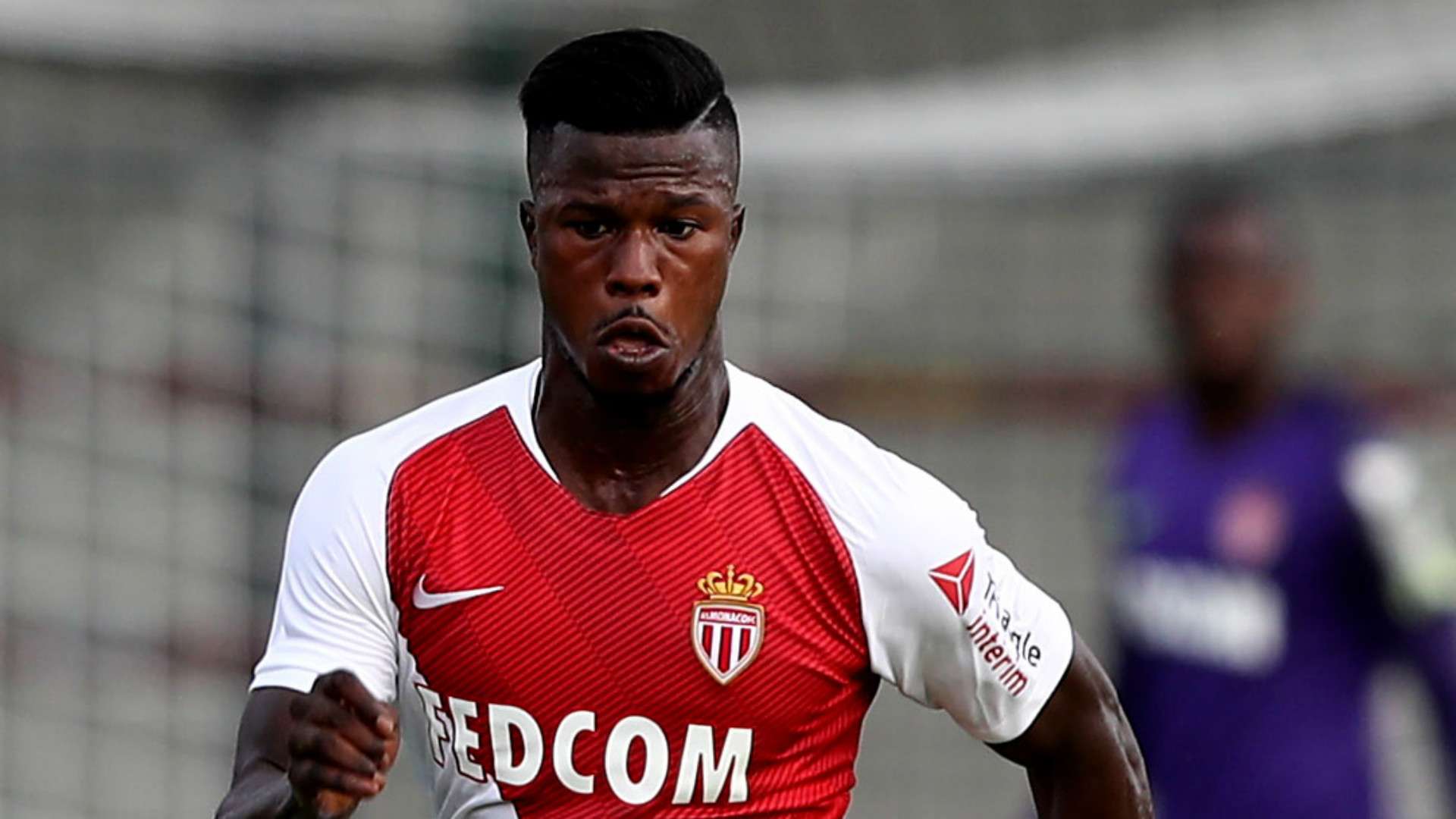Keita Balde has spoken out on the problem of racism in Spain, with the Senegal international suggesting that the coronavirus crisis has highlighted the plight of seasonal workers to him.
The Monaco forward, who was born in Arbucies and brought up in Barcelona, has long been known for his charitable donations.
Balde is sourcing accommodation and food for 150 black families, who have previously been turned away by hotels, with the 25-year-old explaining that this shows that racism remains endemic in Spain.
He was drawn to the problem by a video shot by filmmaker Paco Leon, who worked with seasonal worker Serigne Mamadou to show the injustices that seasonal workers have to cope with, while he also saw the issues that workers in Lleida were having via social media.
"Black lives seem to matter if your name is Keita Balde, but if you're a part-time worker in Lleida, your life doesn't matter,” he told El Mundo.
“Maybe they didn't want to rent anything to a black boy. I felt I had to do what I could to help.
“I didn't want to offer words, I didn't want to speak, I wanted facts. People needed help. They were living in subhuman conditions, sleeping on the streets between cardboard boxes. They work 13 hours a day for €25 (£22/$27); they have to buy food, to find a place to sleep, they're not stealing from anyone.
“In Spain, we need people working in the fields to collect the fruit. We need them, but if you don't treat them well...”
Balde has also paid for 80 key workers’ accommodation in Barcelona during the Covid-19 pandemic and has explained that ever since he was a young player with the Camp Nou outfit, he felt it was important to give back to the community.
“I’ve financed a mosque and a school in Senegal, I’ve helped with the pandemic in Europe… I like to be like this,” he said.
“I’ve been like this since I was young. I’m a boy at heart and I like to share.
“I gave out the clothes and boots that Barcelona and Nike gave me in the neighbourhood square.
“Money is one of the problems of this world. It classifies people. If you have a bill you are someone. If you don't have it, you are nobody.
“We live in a polluted society in that regard. The person's real value is lost. It's sad.
“I was happy before, when I had no money. And I am happy now.”




